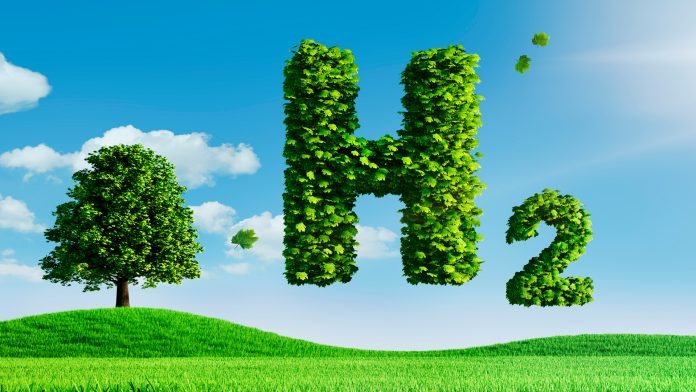ISLAMABAD: Hydrogen fuel can be used as a suitable alternative to fossil fuels in Pakistan due to its high energy density. It is the most flexible option to fulfil Pakistan’s energy demands because it can be produced from water, said an expert.
Dr Akhtar Munir, Associate professor, Department of Chemistry and Chemical Engineering at the Syed Babar Ali School of Science and Engineering (SBASSE), Lahore University of Management Sciences (LUMS), told WealthPK that he had produced hydrogen from water on an experimental basis. Typically, hydrogen is produced by electrolysis, a water-splitting technique, which is not economically viable for large-scale adoption in Pakistan.
Prof Akhtar has introduced a nanocluster of carbon with the amalgamation of other earth metals to invent a new way to produce cheap hydrogen at a larger scale. He said water could be a reliable and sustainable energy source when it is converted back to one of its components, hydrogen, a green fuel. Moreover, it can also be used in a fuel cell for electricity production and as a raw material for preparing industrially important chemicals and fertilisers.
Prof Akhtar mentioned that Pakistan is in difficult economic conditions due to energy shortages. He said burning fossil fuels to meet energy demand has severe environmental impacts and unfavourable economic implications for the Pakistani economy.
“There is a substantial financial burden at the national, regional, and local levels due to Pakistan’s dependence on imported fossil fuels. Therefore, developing a sustainable, low-cost alternative energy source is essential,” he said.
He mentioned that more than 70 million tons of hydrogen is globally produced annually, making it a large and rapidly expanding industry.
Prof Akhtar noted that several technological obstacles limit Pakistan’s development of hydrogen fuel as an energy source. He said the strong reactivity of hydrogen fuel with atmospheric oxygen and the absence of effective technology for large-scale production are the main hurdles. He said to fully reap the benefits of hydrogen fuel as an energy source, it is necessary to develop cleaner and cheaper hydrogen production and storage methods. Hydrogen created by electrolysis and stored for usage is an energy-intensive, and costly method.
He elaborated that developing novel materials and technologies for hydrogen generation can reduce power prices and increase efficiency. It is possible to reduce capital expenses by developing innovative techniques that utilise cheaper materials and more advanced hydrogen production methods.
Dr Akhtar developed nanoscale materials by scattering earth-abundant metals (copper, nickel, and iron) over various porous carbon nanoclusters to support large-scale catalysing hydrogen production. Co-nanoclusters showed encouraging signs of producing green hydrogen cost-effectively in an environment-friendly manner.
Because of their high efficiency, Dr Akhtar believes it is possible to create a solar-induced water-splitting module that can produce hydrogen cheaply and sustainably. He also thinks these innovative approaches will serve as blueprints for developing even more efficient and cutting-edge electrode materials for water splitting and related energy conversion processes for hydrogen production.






